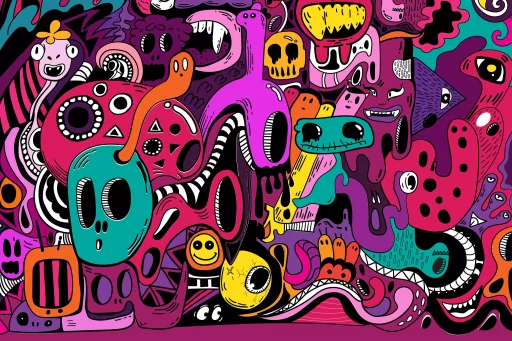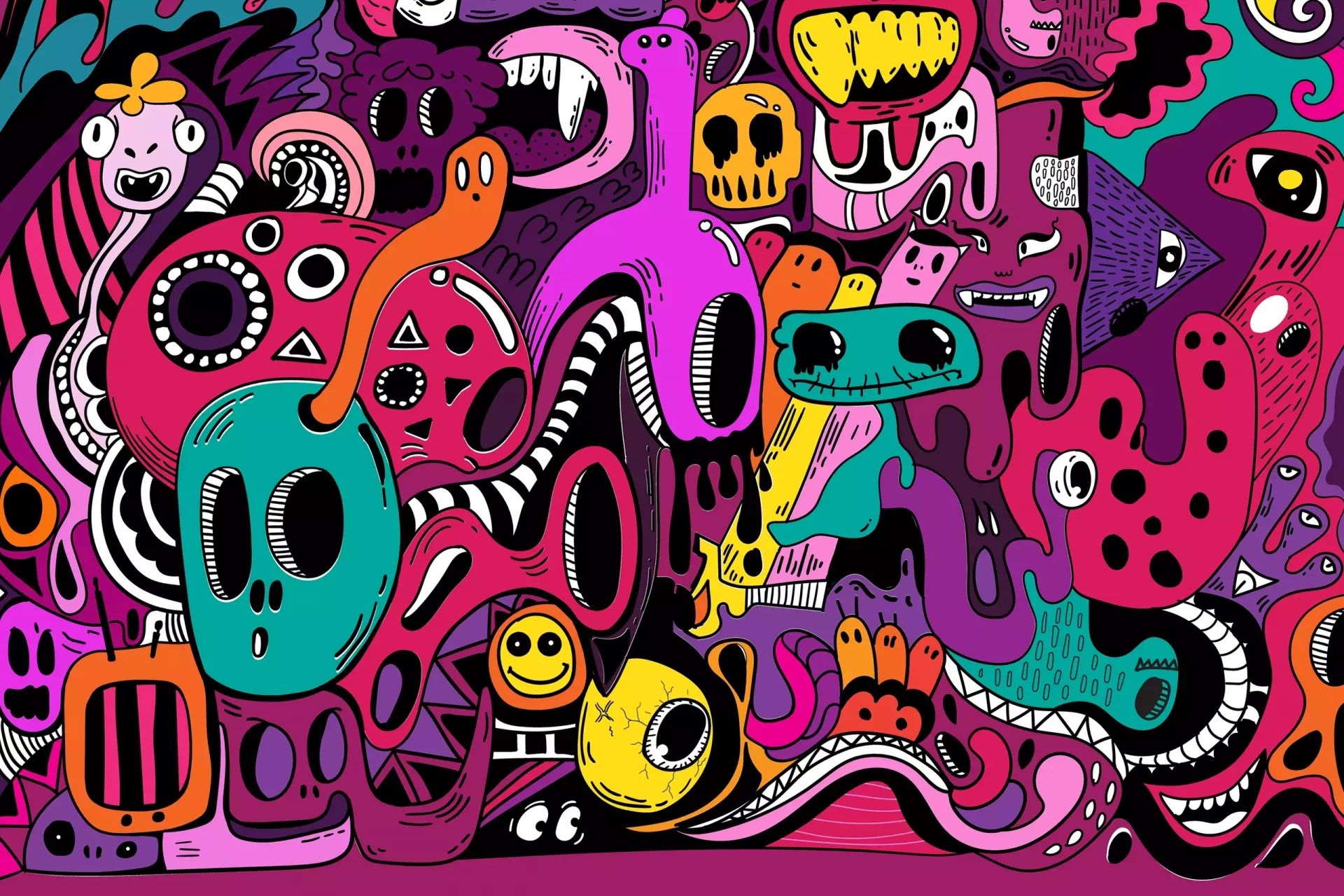Introduction to the Term ‘Roastie’
In the age of internet slang, certain terms rise to prominence, often reflecting cultural attitudes and social dynamics. One such term is ‘roastie,’ which has gained traction on online platforms such as Urban Dictionary. Understanding its meaning and implications is crucial for navigating contemporary discussions about gender, dating, and social expectations.
Defining ‘Roastie’
‘Roastie’ is often used derogatorily to refer to women who are perceived to have had many sexual partners, particularly those who are seen as promiscuous or who seek attention through their appearance. The term originated within male-dominated communities and has been linked to themes of judgment and double standards related to female sexuality.
The Origin and Evolution
The term can be traced back to discussions in online forums, particularly in the context of Men’s Rights Activism (MRA) and similar groups. These communities often use ‘roastie’ to criticize what they view as the decline of traditional dating norms and the rise of sexual liberation among women.
Examples of ‘Roastie’ in Urban Dictionary
- Definition Variations: Urban Dictionary hosts multiple definitions, often showcasing divergent views. While some see ‘roastie’ simply as a humorous term, others use it derogatorily to express disdain towards women.
- Contextual Usage: For instance, a user might define a ‘roastie’ as “a girl whose sexual history negates her ability to be taken seriously in relationships,” highlighting the stigma attached to women’s sexual choices.
Statistical Insight into Attitudes!
Research indicates that around 40% of men in certain demographics harbor negative views toward women who exhibit freely sexual behavior. This figure illustrates the cultural stigma that terms like ‘roastie’ perpetuate. Moreover, studies show that women often feel judged and marginalized due to such labels, leading to adverse effects on their self-esteem and mental health.
Case Studies: Real-Life Implications
To better understand the implications of the term ‘roastie,’ we can examine the experiences of various women and communities where such labels are rampant.
- Case Study 1: The Influencer
A popular social media influencer, Emma, faced backlash after some of her posts about body positivity. Critics dubbed her a ‘roastie,’ negating her messages of empowerment and perpetuating an unhealthy stigma around her past relationships. - Case Study 2: College Campus
A study on college campuses found that women who were labeled as promiscuous often faced social ostracism, deepening their feelings of isolation and discouraging healthy relationships.
The Broader Context of Feminism and Sexual Liberation
The use of the term ‘roastie’ can often clash with feminist ideals surrounding sexual liberation. Many activists argue that the policing of women’s sexual choices perpetuates double standards and hinders progress towards gender equality. For instance, while men may extol their sexual conquests without scrutiny, women face derogatory labels like ‘roastie’ for similar behavior.
Concluding Thoughts
Understanding the term ‘roastie’ goes beyond merely defining it; it involves engaging with the complex social dynamics and attitudes that allow such terms to thrive. In a world striving for gender equality, it is essential to challenge the stigmatization of women based on their sexual history. Only by fostering an environment of understanding and acceptance can we hope to overcome the damaging implications associated with terms like ‘roastie.’






